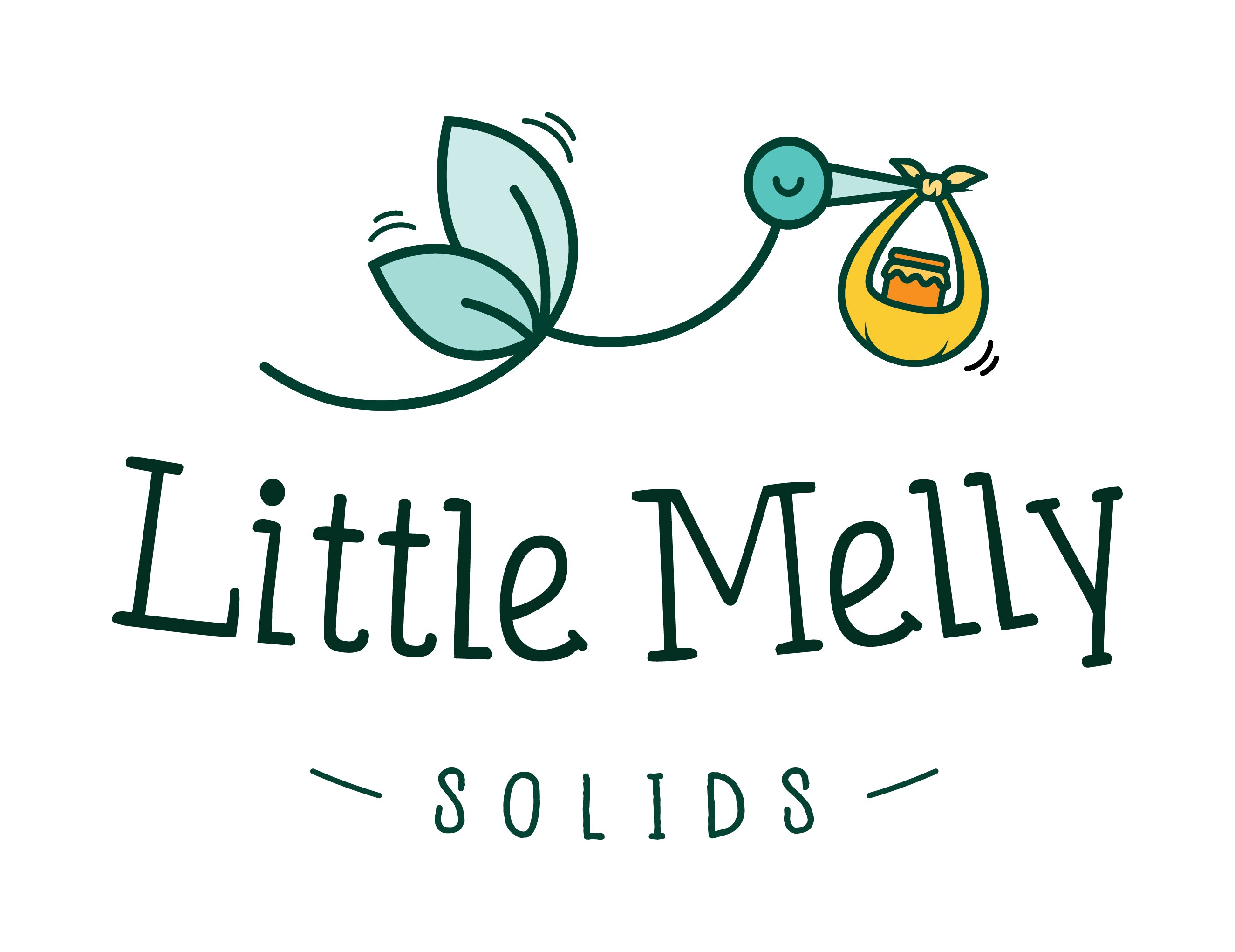Another big question we as parents ask is when our baby can finally dig into a glorious piece of homemade cake! At family gatherings, you can almost always catch at least one family member trying to slip in a piece of dessert in your baby’s mouth. Is your panic really worth it? Should you continue to postpone sweets for your baby for as long as possible? Find out here.
It’s perhaps part of our culture to offer our children everything they could possibly dream of. It’s reassurance to us that we’ve been good parents. Unfortunately, though, this isn’t entirely true. There are so many things in life that we will need to refrain from offering our children at all, or so easily so that they can grow up to be well-seasoned and responsible individuals. Thinking of food for our baby, sweets are high up on that “no-no” list. But why so?
Thinking of food for our baby, sweets are high up on that “no-no” list.
Let’s begin with some basic definitions:
What are the types of sugars?
For this blog post, we’re going to focus on natural versus added sugars. Very simply, natural sugars are those naturally found in an ingredient while added sugars are those added during the cooking process to give a more sweet taste to the mix. The FDA now requires all nutritional labels to separate between the two, and for good reason! Added sugars are those we want to limit as much as possible.
You may be thinking that natural sugars are only found in sweet fruits, but they’re actually also found in some vegetables like beetroot and sweet potato. Dairy products like milk also have naturally present sugars (lactose).
Nowadays, we rarely find products in stores without any added sugars - and that’s quite unfortunate.
What does the American Heart Association Say About Added Sugars?
We’ll first start with a few guidelines from the American Heart Association (AHA). As per the AHA, children under the age of two should have no sugar intake at all. Children between the ages of two and eighteen can have no more than 25 grams of sugar per day. What is that equivalent to? You’ll be shocked to find out that some children’s pudding brands contain around 20 grams of added sugars in just 100g of the product! Jell-O packs have similar proportions.
You might be thinking that’s fine if your child has just one portion of sweets per day, but we can’t forget that so much of savory goods that aren’t even sweet still have added sugars in them. Example: tomato paste, ketchup, bread, cereal, and yoghurt.
Source: https://www.dietdoctor.com/no-added-sugar-children-age-2-recommends-american-heart-association
Why does the AHA recommend no added sugars at all for babies until they are two?
Added sugars offer no nutritional value to children and babies (or anyone, for that matter). In fact, added sugars are tummy fillers thereby satisfying your child’s hunger before they have had the chance to eat something nutritious. Regularly eating sweets and unhealthy foods also affect your little one’s weight, increasing it disproportionately with their height. Finally, making sugars a habit can create a “sweet tooth” which ultimately affects their future dietary choices.
Is this goodbye to great food and tasty desserts?
Definitely not! There are so many ingredients that we include in our baby & toddler recipes to add a sweet flavor using only natural sugars. Here are just a few examples: dates, bananas, honey (for children over 1 year of age), peaches, sweet potatoes, avocados, and beetroot. We like to get creative by even mixing some veggies with fruits!
What are healthy sugar alternatives for babies and toddlers?
Four main ingredients are considered healthy sugar alternatives for babies and kids: dates, honey, pure maple syrup, and coconut sugar. Before 1 year of age, dates should be the only sugar alternative added to foods. After your baby reaches the one year milestone, honey and pure maple syrup serve as great options too.
When offering dates to babies, make sure to steam or boil them first. Then peel them and remove the seed as well. Dates are best served mashed with other foods.



